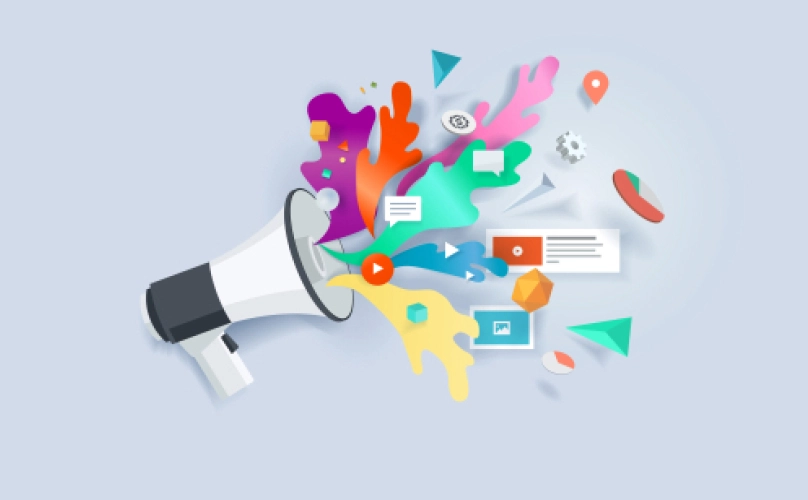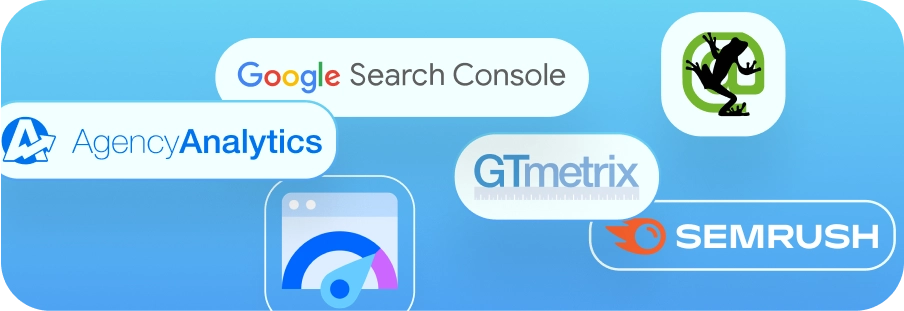What being Stigmafree means for Blackhawk
At this point, calling the past year “challenging” is beyond cliche — and an enormous understatement. Isolation, social upheaval, and the sudden destruction of everyday life as we know it left all of us stunned and saddened. In mere months, we’ve learned to process immense grief and change at warp speed, either forcing us to address new mental burdens or exasperating pre-existing issues. It brought all of us face-to-face with a universal truth: mental health is a part of overall health.
To kick off 2021, Blackhawk is honored to announce that we’ve teamed up with NAMI, the National Alliance on Mental Illness, to be a Stigmafree company. We believe in doing our part to challenge stigmas and support those experiencing mental health concerns. Here, we’ll break down what this means for Blackhawk moving forward, and the crucial importance of prioritizing mental health in the workplace.
What does being Stigmafree mean?
As a Stigmafree company, Blackhawk pledges to continue to promote acceptance and challenge stereotypes related to mental illness through our company policies and culture. As outlined by NAMI, we’ve agreed to take the following three steps:
1. Learn the facts about mental health conditions
Though society has a way to go in treating mental illness with the same openness and compassion as other medical issues, Blackhawk recognizes the prevalence and reality of mental health conditions. In America, 1 in 5 adults experience some form of mental illness each year — to put this stat in perspective, that’s 43.8 million U.S. adults. Of this same group, 1 in 17 have a condition such as schizophrenia, bipolar disorder, or long-term recurring major depression.
These facts might be surprising: in America, there’s a culture of shame and silence surrounding mental illness which leads us to believe these conditions are rare, affecting people other than our co-workers and friends. We think mental illness is rooted in some weakness of the mind, that it can be cured through willpower alone. In reality, mental health conditions are medical conditions, and they’re as real and challenging as any physical ailment. Mental illnesses impact a person’s thinking, feeling or mood, and may affect their ability to relate to others or perform daily tasks. These conditions are caused by genetics, brain structure, and lifestyle — not personal weakness.
Workplace Impact:
The health of a company is inseparable from the health of its workers. Since an employee’s overall health includes their mental wellbeing, companies can be greatly impacted by unaddressed mental health conditions, both financially and in terms of morale.
Mental health conditions are often the cause behind productivity losses, whether through excessive absenteeism (frequently calling in sick) or presenteeism (working while sick when you should have called in). In America, depression is the leading cause of disability in the workplace, contributing to lost productivity through 2.5 absences per month. An estimated 4.6 days are lost each month due to anxiety disorders. Additionally, severe depressive disorders cost an estimated $12,000 per employee each year.
For companies with a people-first culture, these numbers should serve to reinforce the vital importance of prioritizing employee wellbeing. For this reason, Blackhawk will always be proactive in approaching coworkers who may be struggling with mental illness, and understanding if employees need accommodations or time off.
2. See the person, not the condition
The misconception that mental illness is caused by some personal weakness has created a stigma of shame around mental health conditions. Consequently, those experiencing mental illness might refrain from reaching out for fear of being judged or misunderstood. This prevents them from receiving the vital support they need, in addition to keeping employers, coworkers, and friends in the dark surrounding their experience.
At Blackhawk, we recognize that secrecy only hurts those affected by mental illness, and promise to do all we can to combat harmful mental health stereotypes. To do so, we pledge to use respectful language when talking about mental illness (i.e. instead of referring to someone as bipolar, we would say “She’s living with bipolar disorder”); to challenge misconceptions when we see or hear them; and to encourage our employees to be supportive of one another.
3. Get involved with mental health issues
As the final step in our commitment to be Stigmafree, Blackhawk pledges to embrace a Stigmafree culture and promote mental health awareness and advocacy. Internally, this means providing mental health resources, as well as being open to any and all conversations about how to support employee mental health. NAMI also recommends companies engage in external advocacy, such as signing the pledge or participating in mental health events throughout the year.
It Takes a Community
Everyone is impacted by mental illness at some point in their lives, whether firsthand or through others. Part of being a mental health ally is recognizing that we’re all united in fighting mental health stigma and supporting people in our lives who are affected by mental illness.
Though Blackhawk promises to always support our employee’s mental health through being Stigmafree, we recognize that there are limits to the help we can offer. If you or someone you know is struggling with a mental health condition, it’s important to reach out. In addition to talking with your healthcare provider, the following are great resources for mental health information and support:
- NAMI HelpLine — To find out what support options are available in your community, call 1-800-950-NAMI (6264) Monday through Friday from 10 am — 6 pm, or email info@nami.org
- Crisis Text Line — Connect to a trained crisis counselor 24/7 by texting NAMI to 741-741
- National Suicide Prevention Lifeline — Get immediate help for you or someone you know 24/7 by calling 1-800-273-TALK (8255)
To connect with others affected by mental health challenges:
- Nami.org/Programs — Attend a peer-led education or support program in your community
- NotAlone.NAMI.org — Share stories, thoughts, videos, and art with others in the mental health community
- OK2Talk.org —Share stories with other teens and young adults




